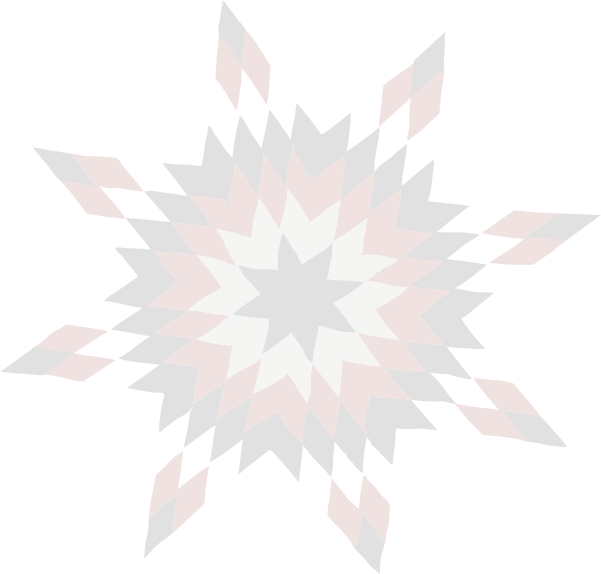Dr. Lara Jacobs, the keynote speaker for this year’s USET Tribal Climate Resilience Camp, is one of the guest editors seeking submissions for a special issue of the Parks Stewardship Forum. The Special Issue on #LANDBACK through Rematriation is guest edited by Dr. Lara A. Jacobs (Citizen of Muscogee (Creek) Nation with Choctaw heritage; Michigan State University), Dr. Jennifer Grenz (Nlaka’pamux and Secwepemc; University of British Columbia), Dr. Luhui Whitebear (Coastal Band of the Chumash Nation; Oregon State University), Cherry Y.E.W. Yamane (Kanaka ʻŌiwi; University of North Dakota), Jeanette Koelsch (Nome Eskimo Community; National Park Service), and Dr. Melinda M. Adams (N’dee, San Carlos Apache; University of Kansas). This special issue provides a platform for Indigenous Peoples to share their experiences and Knowledge related to #LANDBACK and Rematriation.
We invite contributions in various formats, including academic manuscripts, stories, poems, songs, artwork, and photo essays.
Important Dates:
- Abstracts (up to 400 words) due: September 1, 2024
- Decision notifications: October 1, 2024
- Full submissions due: February 1, 2025
Submission Details:
- Email abstracts, author listings, and positionality statements to Lara Jacobs at jacob475@msu.edu by September 1, 2024.
- We welcome contributions from Indigenous Youth, Elders, community members, and academics.
- Submissions can be in Indigenous languages or English.
- Contributors will be compensated, with the exact amount determined later by our fundraising efforts. (If you or your organization would like to help fund this project, please contact us!)
- The Parks Stewardship Forum is an open access journal. For more information about the Parks Stewardship Forum, visit PSF website.
Topics for Consideration:
Below, we provide a listing of topic areas to consider for proposals, but each topic area should also be connected to Rematriation and #LANDBACK in the context of the world’s parks, protected areas, cultural sites, and other forms of place-based conservation.
- Indigenous-led land, water, wildlife, and plant management paradigms and models
- Co-equity-based land, water, wildlife, and plant management paradigms and models.
- The practical implications of #LANDBACK in the U.S. (e.g., case studies from Australia or Canada, examples from other areas around the world, and/or theoretical implications)
- Indigenous resistance, activism, environmental justice, and social movements
- Indigenous Arts, Artists, and Creative Expressions
- Colonization, Decolonization, Indigenizing, and Survivance
- Indigenous food sovereignty
- Indigenous histories and historiography
- Preserving Indigeneity, place-based Peoples, and place-based conservation efforts
- Reclamation of Indigenous Languages and Place Names
- Indigenous Futurities and Feminisms
- Indigenous Methodologies
- Place-Based Museum and Archival Reclamation
- Tribal Historic Preservation Work
- Cultural and Land Resource Management
- Good Fire (Indigenous cultural fire reclamation and land restoration)
- Indigenous Law, Sovereignty, Autonomy, and Governance
